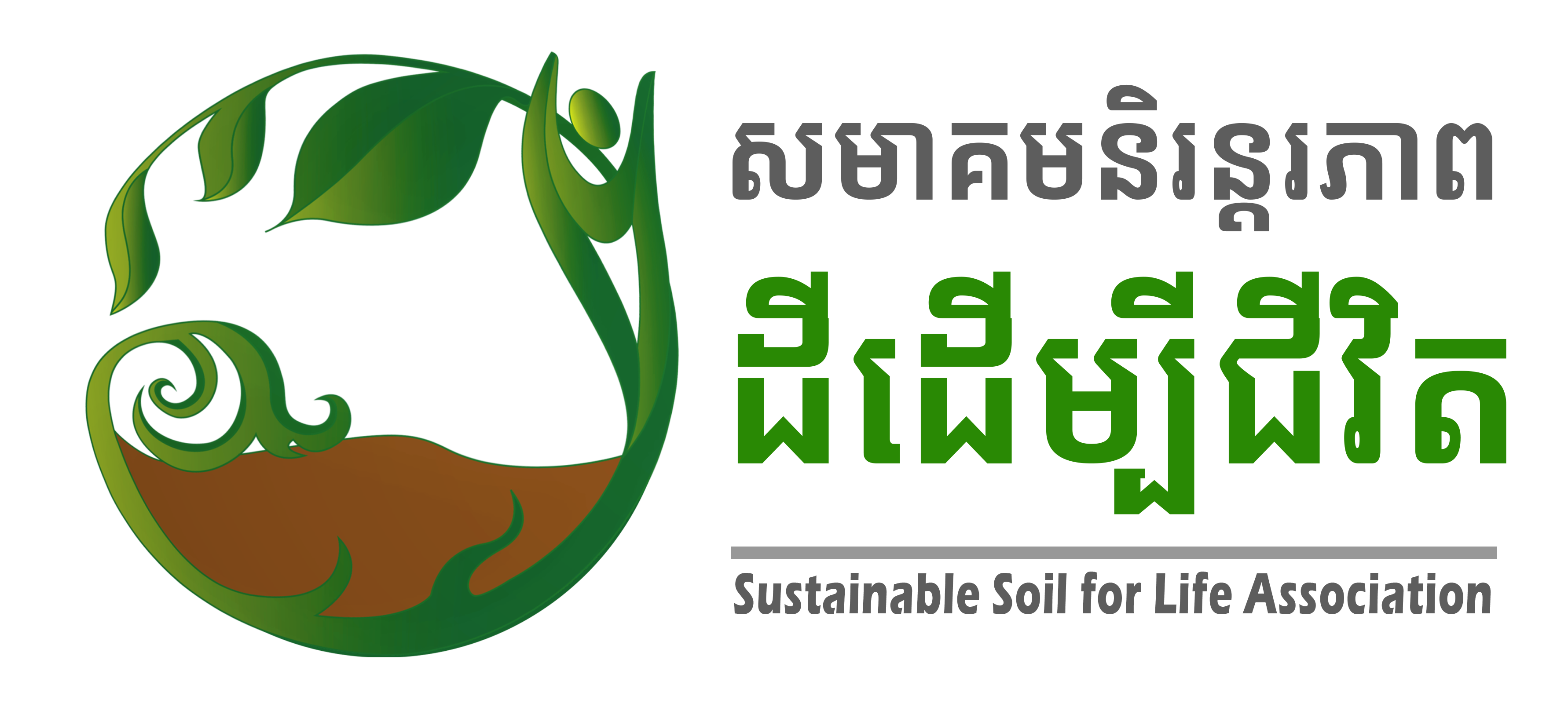Food Sovereignty and Seed Saving
Food sovereignty is the right of people to control their own food systems. This includes the right to produce their own food, to have access to seeds, and to participate in decision-making about food production. Seed saving is the practice of saving seeds from one year’s harvest to plant the next year. Seed saving is important for food sovereignty because it ensures that communities have access to seeds that are adapted to their local climate and conditions.
– Seed saving can help to preserve genetic diversity: When farmers save seeds from their own crops, they are preserving the genetic diversity of those crops. This is important because it helps to ensure that there is a wide variety of crops available, which can help to protect against crop failures due to pests, diseases, or climate change.
– Seed saving can help to reduce food costs: When farmers save seeds, they do not have to purchase seeds from seed companies. This can save farmers money, which can help them to be more profitable.
– Seed saving can help to build community resilience: When communities come together to save seeds, they are building a sense of community and resilience. This is important because it helps communities to be more prepared to deal with shocks and stresses, such as natural disasters or economic downturns.
